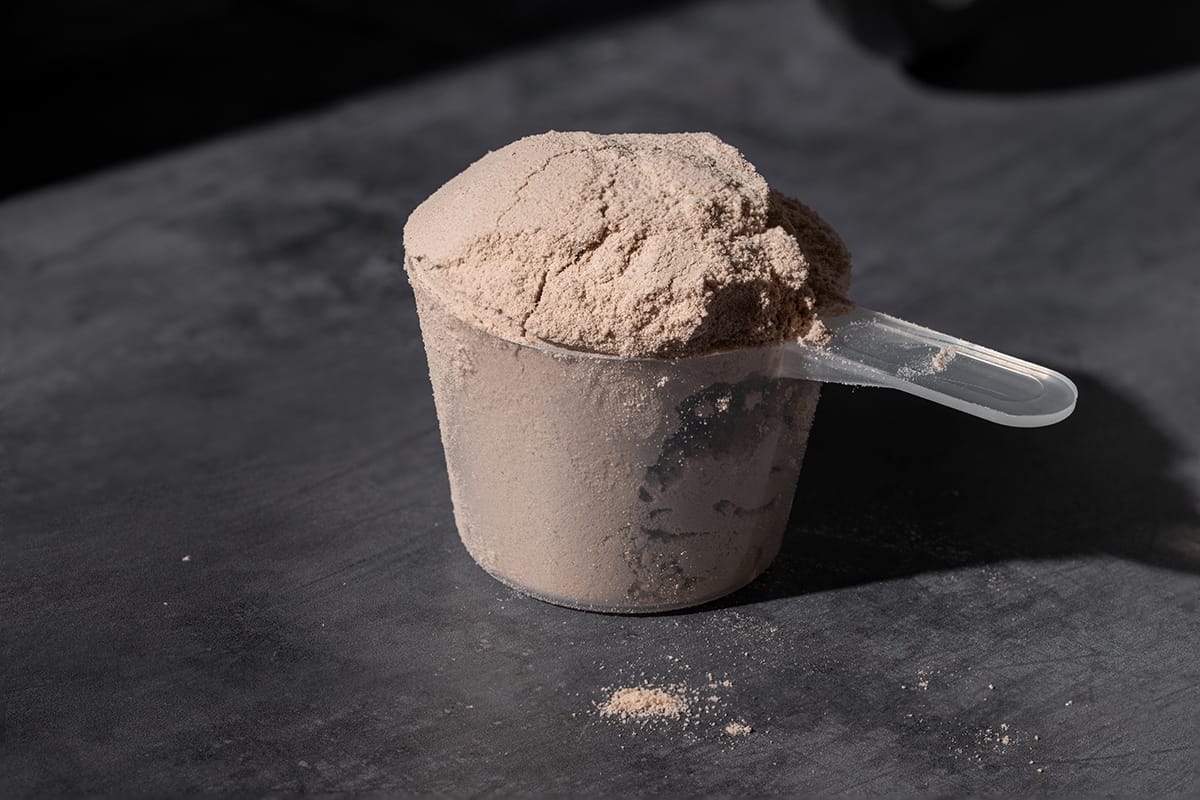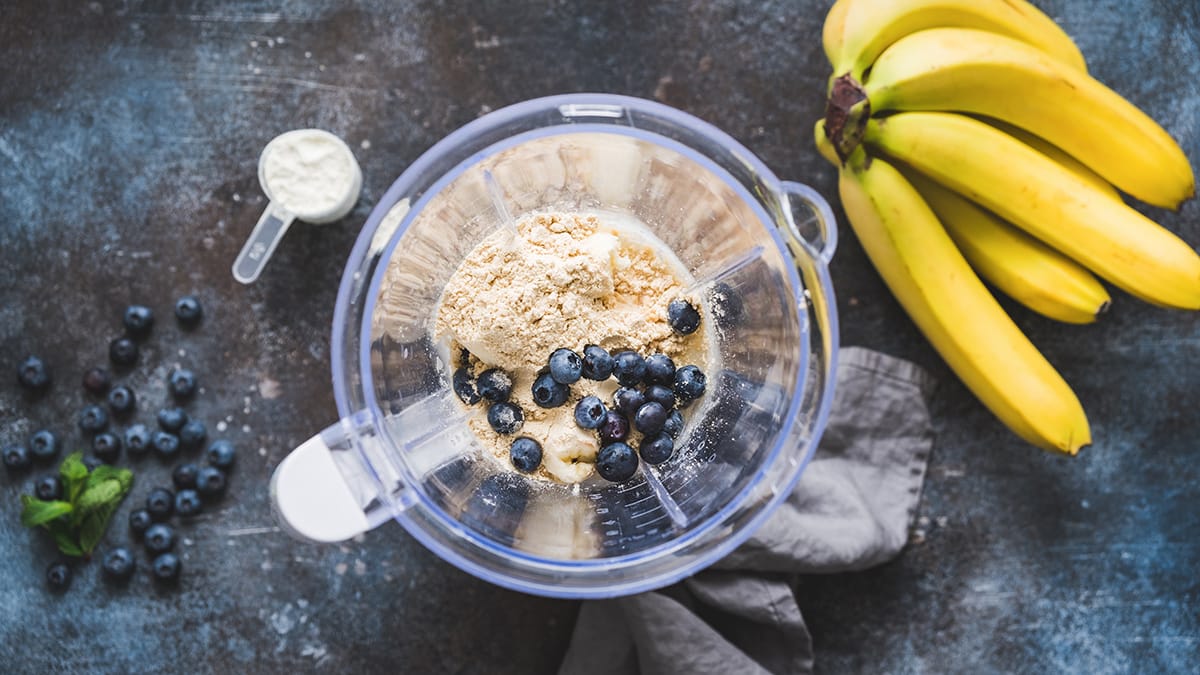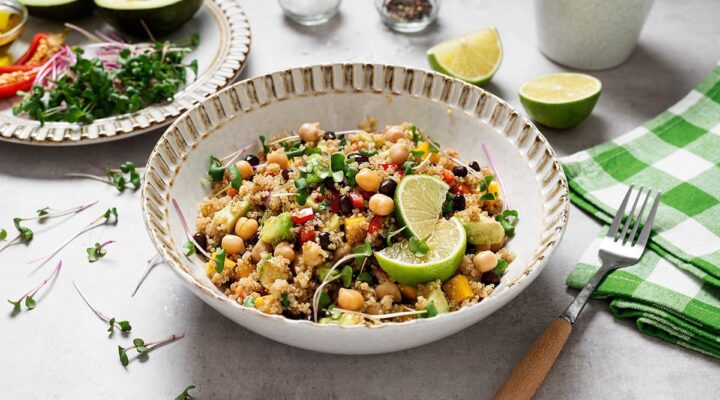Ask Dr. Adam: Is Protein Powder an Ultra-Processed Food – and Is It Bad for You?

The term ‘ultra-processed food’ has become something of a buzzword in recent months, thanks in part to Dr Chris van Tulleken’s behemoth best-seller ‘Ultra-Processed People’, which investigates the negative impact that so-called UPFs have on our bodies, our health, our weight and the planet.
Typically defined as foods that have undergone several processing steps, and often packed with hard-to-pronounce additives, common examples of supermarket UPFs include biscuits, crisps, instant noodles, sugary sweets and fizzy drinks.
But the UPF category also includes some foods you might not expect, like bread, breakfast cereals, flavoured yoghurts and high-protein gym snacks.
And with stats suggesting that the average person gets more than half of their calories from these highly manufactured foods, an interesting debate has been raised across the fitness divide: where does your protein powder fit into all of this?
To help us get to the bottom of the debate, we asked Form’s Head of Nutrition, Dr Adam, to give us the skinny.

Is protein powder classed as an ultra-processed food then?
“This is a very topical question, given the public interest in UPFs and the high-profile demonisation of them,” says Dr Adam. “The important thing to know about UPFs is that it’s not quite as simple as ‘good’ and ‘bad’ foods. Nearly all food undergoes some form of processing, even if it’s just through preservation methods.
“There are various systems for categorising different levels of processing in foods. Among these, NOVA stands out as the most specific, logical, transparent, thorough and practical option. The NOVA classification is based on the nature, purpose and extent of food processing.
“By this definition, technically yes, protein powder could be argued as an ultra-processed food, but only in the same way that infant formulas, follow-on milks, and meal replacement shakes and powders are.”
Should I be worried about my health if I’m drinking protein shakes regularly?
“Concern about UPFs is not simply that they are ‘ultra-processed’ but rather the other properties that don’t really apply to protein powders and the other foods listed above,” explains Dr Adam.
“Specifically, many other UPFs include sugar, oils and fats, and salt, generally in combination. Often these are coupled with substances that are sources of energy and nutrients but are rare in culinary use, such as high-fructose corn syrup and hydrogenated or interesterified oils. They also contain cosmetic additives such as flavours, flavour enhancers, colours, emulsifiers, sweeteners, thickeners, and anti-foaming, bulking, carbonating, foaming, gelling and glazing agents.
“By design, these types of UPFs are formulated to be cheap to make, hyper-palatable, intensely appealing and intrinsically unhealthy. This makes them highly profitable for manufacturers.
“These UPFs are also unhealthy from both an individual and public health perspective, as they often displace unprocessed or minimally processed foods and freshly prepared dishes and meals. Think: eating a microwave-ready meal instead of making the dish from scratch.
“The disorders and diseases associated with diets high in ultra-processed foods are well documented, and the mechanisms linking these diets to specific diseases are also well argued.”

So protein powders aren’t equal to the ‘junk’ UPFs currently being demonised in the media?
“In a word: no. Protein supplements and meal replacements, in terms of their construction, use, and incorporation within your diet, don’t fit these latter descriptions,” says Dr. Adam.
“They are designed to supplement the diet with intrinsic nutritional qualities rather than supplying empty calories. That said, some protein powders can often include additives, gums and artificial sweeteners, so it’s important to choose one with minimal extras, such as Form’s plant-based protein powders.
“So, while you could call them UPFs, it’s a term that requires context and a degree of nuance, as they only fit the simplest definition of the phrase.”


















